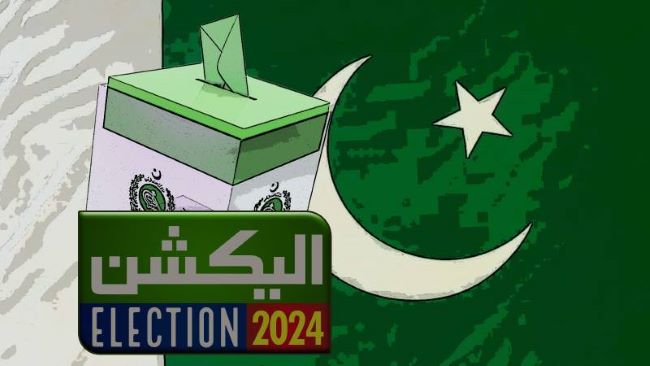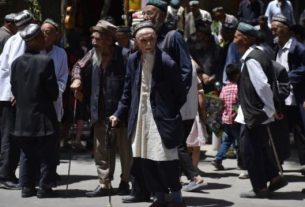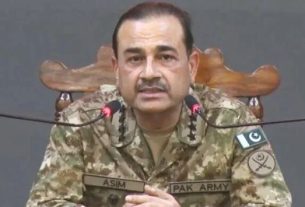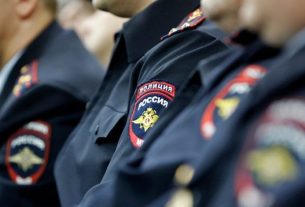With nearly 12 hours (Now 28 hours) having passed since polls closed, the Election Commission of Pakistan has yet to certify any results. As confusion mounts, TFT turns to its international counterparts to take a closer look at what is being said about the 2024 election.
It is nearly 5 hours past midnight, or nearly a full 12 hours since polls closed in Pakistan’s already delayed general elections. The Election Commission has yet to certify any results for the National Assembly, and although some races might be too close to call, the silence is starting to sound deafening.
In an election that has been marked by egregious pre-poll rigging and political engineering even by Pakistan’s abysmally low standards, the delay in announcing election results is yet another indication of an indisposed political system struggling to resolve its systemic contradictions.
The Washington Post claimed that “fears mounted early Friday that Pakistan’s general election could lead to more political turmoil, amid allegations of vote rigging… Eight hours after polling stations closed, none of the 265 races had been officially called.”
The BBC has also noted that “results have been slow to come out, prompting election officials to warn local officials to speed up the process. The party of disqualified and jailed ex-PM Imran Khan says the delay is a sign of vote-rigging.”
Coverage of the 2024 election has differed from years past in that major international media outlets have remarked at the shifting tide of public opinion against the military. Against the backdrop of economic mismanagement that has eroded purchasing power and caused food and energy costs to skyrocket, the failures of the PDM alliance have featured heavily in what foreign correspondents have reported in the build up to polling day.
Bloomberg’s Ruth Pollard captures the nation’s sentiment by writing that “it must be demoralizing to be a young voter in Pakistan. They see the same tired, old family names on the ballot paper — candidates unashamed to put themselves forward for election despite two years of political and economic chaos.”
The New York Times’ Christina Goldbaum writes that there has been a “stark shift over the past two years that has shaken a core tenet of a political system whose ultimate authority is the military. The growing criticism in Punjab has chipped away at the military’s legitimacy and helped make this one of the most polarized moments in Pakistan’s history.”
Pakistanis, “even those with deep military roots are beginning to question the generals’ iron grip on power.” Another one of Goldbaum’s pieces calls the February 8 vote “among the least credible in the country’s history,” as it labels the military’s intervention “full tilt.”
What has surprised foreign observers of Pakistan this time around is the scale of the political engineering and the wide scope of political repression directly targeted against the PTI and its supporters in the wake of May 9. “The crackdown on PTI supporters has reached into pockets of Pakistani society that were once safe from military harassment. Women have been arrested in droves… even Pakistan’s elite – which have traditionally held close ties to the military – have been swept up.”
“The crackdown has made this perhaps Pakistan’s most muted election in decades.”
Concerns over the credibility of the elections center inevitably around the crackdown on Imran Khan’s Pakistan Tehreek-e-Insaf, and the political engineering whose ultimate aim has been to keep the PTI out of power.
“The PTI has been prohibited from using its famous cricket bat symbol on ballots, dealing a blow to millions of illiterate people who might use it to cast their vote,” noted CNN’s Sophia Saifi and Rhea Mogul.
Michael Kugelman, while writing for TIME, remarks that “history can be both tragedy and farce at the same time.”
While polling day has been marked by the suspension of mobile phone services across the nation and sporadic violence, the armed forces have congratulated the nation on the peaceful conduct of the general elections and given themselves a hearty pat on the back for securing the polls.
Arab News’ coverage of the military’s statement is followed quickly with some historical context: “the army has ruled Pakistan directly for more than 30 years and continues to influence its politics when not in power.”__Courtesy The Friday Times Pakistan





